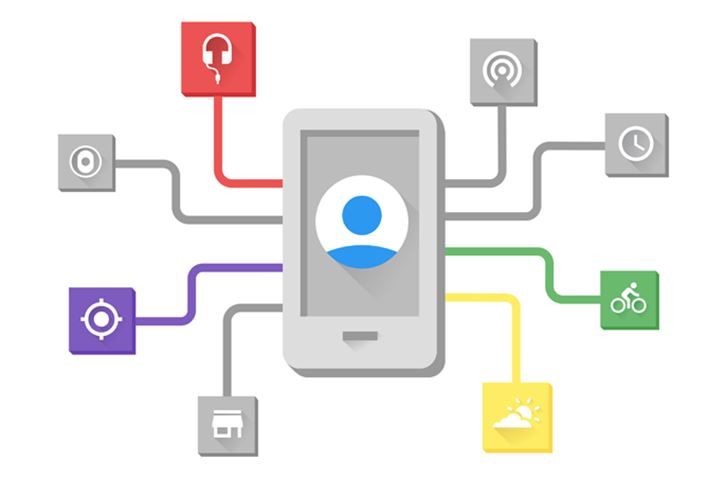Affiliate links on Android Authority may earn us a commission. Learn more.
Google releases Awareness APIs, giving apps unprecedented access to your behavior
Published onJune 27, 2016

We first caught a glimpse of Google Awareness APIs back at Google I/O 2016. Now the search giant is finally making these context sensitive resources available to developers, meaning apps will soon have a much stronger understanding of your behavior.
These APIs will let app developers call for a number of different kinds of contexts including your general location, the local weather, user activity (such as walking or running), and the location of any nearby Bluetooth ‘beacons.’ The idea is to give apps enough understanding about what you’re up to that they’ll be able to supply you with suggestions for features you’re likely to use before you even think to access them.

This goes part and parcel with Google’s running growing endeavor to know you better than you know yourself and provide you with things you want before you know you want them. It’s a goal most evident in things like Google Now, which supplies context-based cards based on your location and past behavior.
Google outlines two main ways that these APIs can be used. The first is Snapshot API, a process that lets your app request information about your current context. The example that Google provides is that an app might request to know your location and the current weather conditions.
Another method is through Google’s Fence API, which allows apps to trigger behavior when a set of contextual conditions are met. The example provided is a music app that might suggest pleasant walking music when it detects that its user has earbuds in and is going for a walk.
Some users are a little concerned about giving apps this much knowledge about their behavior.
On the one hand, these APIs have the potential to make apps much more helpful. However, they also have the potential to make them more annoying or invasive. The company outlines some helpful ways that they might be used, like the aforementioned music example or a real estate app like Trulia letting you know when you’re near a desirable property, but some users are a little concerned about giving apps this much knowledge about their behavior.
Either way, the granular permissions controls of Marshmallow and beyond should give users the option to prevent these APIs from running amok. We’ll have to see how these work out in the wild as developers begin to implement them. In the meantime, let us know what you think of these Awareness APIs. Something you’d be comfortable with, or would you rather not broadcast this much information about yourself? Let us know in the comments.